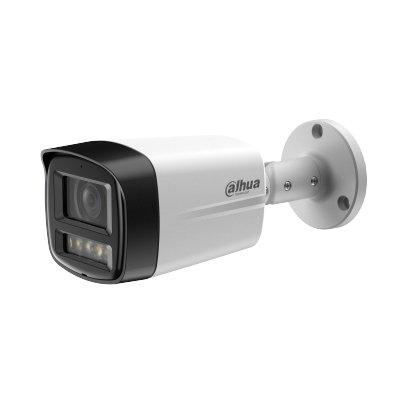 |
| The KISI system has been installed in hundreds of tech startups in New York City and is currently targeting other areas of the US |
Based in Brooklyn, New York., KISI Inc. is a relative newcomer to the access control industry, targeting tech companies and co-working spaces for it cloud-based system. With its first round of funding secured in March 2015, the company partnered with Cushman & Wakefield to roll out its mobile access control solution at the real estate firm’s corporate headquarters in New York City. All main office doors at Cushman & Wakefield are accessible by employees via iPhone or Android devices. Access control solutions have come of age with smartphones being used to secure entry and exit points at buildings and offices.
Access control for startups and co-working spaces
KISI, founded in Munich, Germany in 2012, made its move to New York in 2013 to participate in TechCrunch Disrupt and NYC's Next Big Idea Competition. NYC Economic Development Corp. named KISI New York City's Next Big Idea in 2013, selecting it as the most promising company among 220 technology firms from 40 countries.
According to Alex Shamy, Digital Marketing Manager, the KISI system has been installed in hundreds of tech startups in New York City and is currently targeting other areas of the country, focusing on building its Certified Integrator Programme.
The keyless smartphone system uses iPhone, Android, and desktop devices, leveraging WiFi and Bluetooth technology for remote access. Monthly pricing for the software subscription varies, but three tiers target small business, large commercial and commercial customers; hardware is extra and includes a KISI router and wireless controller compatible with most existing access control panels and capable of handling four access points per device. The device communicates with magnetic locks and electric strikes through normally closed, normally open circuitry.
“Co-working spaces and growing startups love our system, and we’ll continue to expand it to other markets as well,” Shamy says. “KISI installs in under 30 minutes on top of most traditional access control systems. It provides office managers and company owners the ability to manage access from anywhere and get granular on who can let in and when. It also offers real-time access logs. The hardware is available at a fraction of the cost of other systems, and the recurring subscription model allows integrators to gain additional monthly revenue,” he says.
 |
| KISI's device communicates with magnetic locks and electric strikes through normally closed, normally open circuitry |
Optimum solution for tech savvy employees
Ben Buie, a co-founder and chief technology officer for Transcend in Atlanta, was one of the first certified installers for KISI in the area and has been doing installations for several months. Transcend is a commercial real estate brokerage and IT solutions firm. “KISI fits in nicely with our business,” Buie says. “It’s a unique, cloud-based solution and, as far as access control, smartphone-based solutions are where the industry is heading.”
“Being able to provide WiFi technology to our customers is a great additional benefit,” he continues. “KISI offers a lot of flexibility to potential customers and hardware savings. Since the model is based on subscription fees, it’s perfect for customers who are looking for lower upfront costs and need to know what their monthly fees will be. We see this solution as a big opportunity for customers with younger, technologically savvy employees who are accustomed to using their phones for everything.”
Easy installation and configuration
Another advantage, the “secret sauce” to KISI, says Buie, is that the phone does not have to be unlocked or the application open to access the door, with a robust read range of up to five feet.
“It’s super easy to set up and a great fit for a lot of people. It’s also easy for the installer to configure the system from the smartphone.”
As a Certified Integrator, Transcend gets special dealer pricing for the subscription, which it marks up to customers. The four-door router retails for about $650 and the wireless reader about $200.
Buie says the integrator company also offers another cloud-based access control management system, but added KISI as a lower-cost alternative. “This gets us in the door with companies we couldn’t reach before because of the expense of other systems. It’s opened a lot of doors for us.”










































